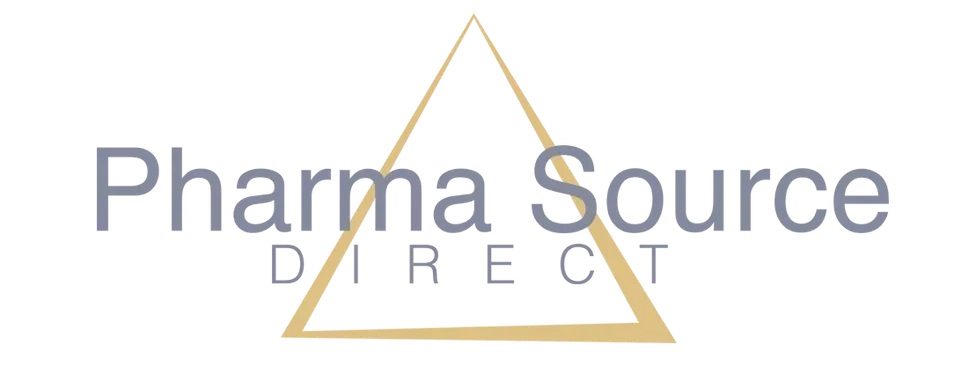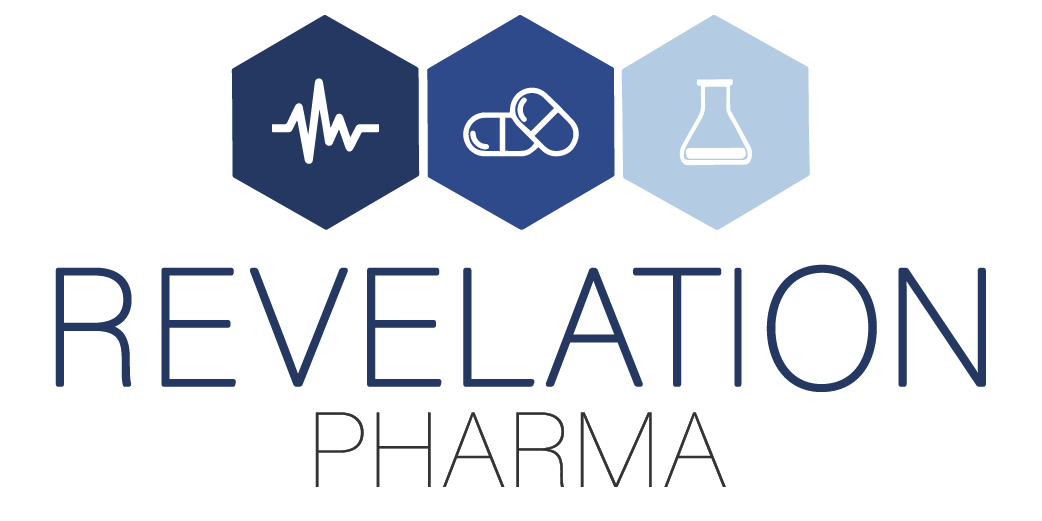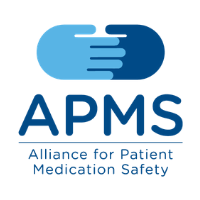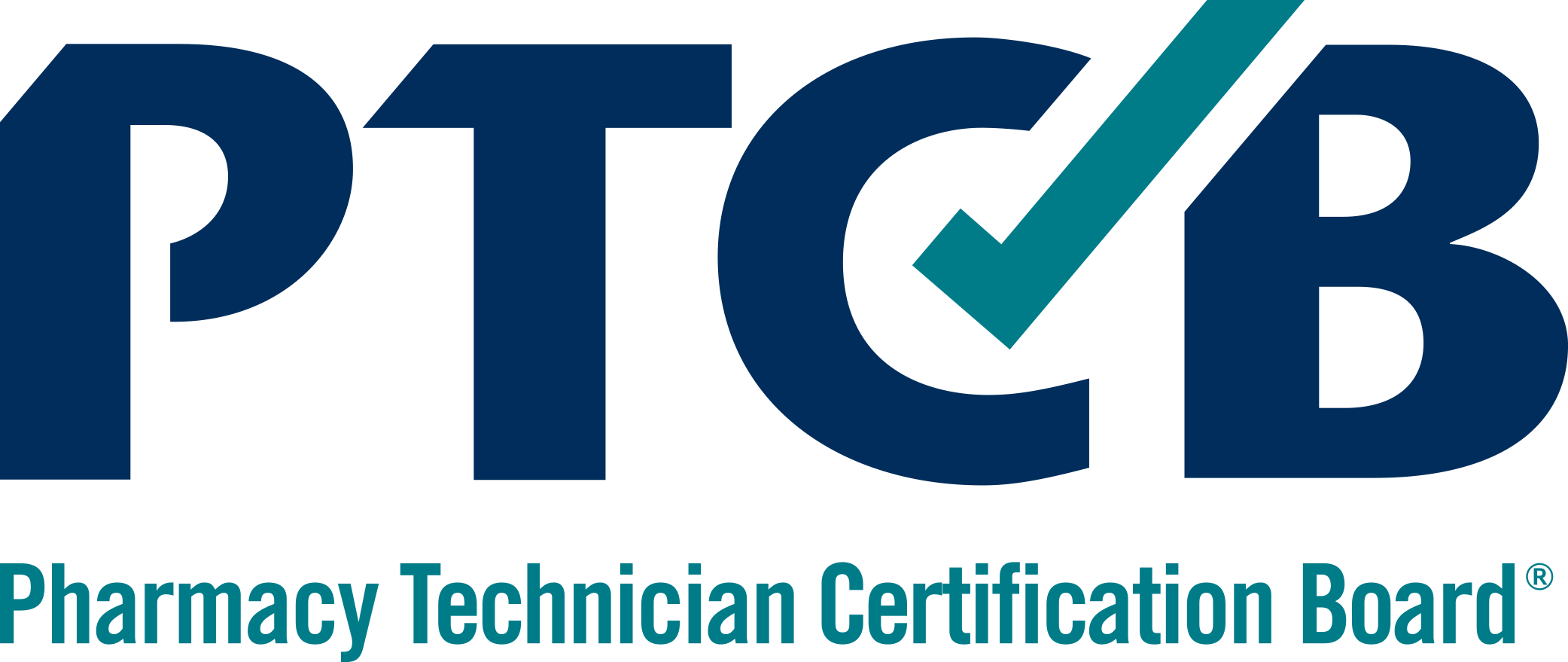August 1, 2021
Dealing with rashes
Did you know that your skin is the largest organ in your body? It serves many important functions, including protecting the body against trauma, regulating body temperature, maintaining water and electrolyte balance, sensing painful and pleasant stimuli, and even participating in vital bodily functions such as vitamin D synthesis.
While it is important to protect skin with things like sunscreen and moisturizing creams, it is just as important to treat it when skin is broken, irritated, or presenting with eruptions such as a rash.
The newest rash on the block is “maskne”, which has dramatically increased with the continued use of masks and face coverings to prevent the spread of COVID-19.
When you breathe or talk, your mask traps hot air which can then create a warm, humid environment that’s ripe for growth of yeast, bacteria, and other flora. These organism imbalances and friction from your mask can then lead to rash flare-ups such as acne or rosacea.
You can minimize maskne by frequently switching your mask to a fresh, clean one, especially after sweating. However, once you develop maskne, you should treat it.
You can begin getting it under control with a good facial cleanser that is also calming to the skin. You can also turn to your compounding pharmacist and/or dermatologist to recommend prescription topical options to manage your maskne. These options include salicylic acid, ketoconazole, benzoyl peroxide, and topical bases formulated to reduce redness and inflammation.
Another common rash during summer is the itchy, blistery rash known to form after contact with poison ivy. This rash forms rapidly after being in contact with the plant oil urushiol, found in poison ivy, oak, and sumac vines and bushes. While the rash typically only lasts about three weeks, the symptoms can become quite uncomfortable. Your compounding pharmacist and physician can work together to provide topical medications that address the most bothersome symptoms such as pain and itching.
Did you know that even your pets can get summer rashes? These are typically caused by heat, allergies, and even bacteria or fungus. Depending on the type or area of your pet’s rash, they can sometimes be difficult to treat due to the area or even skin type. Your compounding pharmacist can work with your veterinarian to come up with the best medication delivery for Fido’s rash. It may be an anti-fungal and anti-itch combination spray or even in one of the specialized gels meant just for animal skin!
For human or animal skin conditions, medications can only work if they reach the cells and tissues that need them, which is why the delivery is so important. Most compounded medications are topical, so your compounding pharmacist is an expert at delivering medications onto and even through the skin. Depending on the skin condition, your compounding pharmacist may recommend medications that are topical creams, ointments, gels, lotions, or solutions for spray. Whatever kind of rash you or your loved ones may have during the summer months, you can count on your compounding pharmacist to be a part of the healthcare team to get your skin feeling great again!
Should you have trouble finding your commercially made medications, hand sanitizer, or immune boosting vitamin supplements, please consider contacting a compounding pharmacist near you. They’re happy to help you with your health concerns, especially during this difficult time.
Connect with P3 on social media! Please “like” or “follow” our pages and we will provide updates about compounding can help you and your family, and how to advocate to protect your access to customized medications.
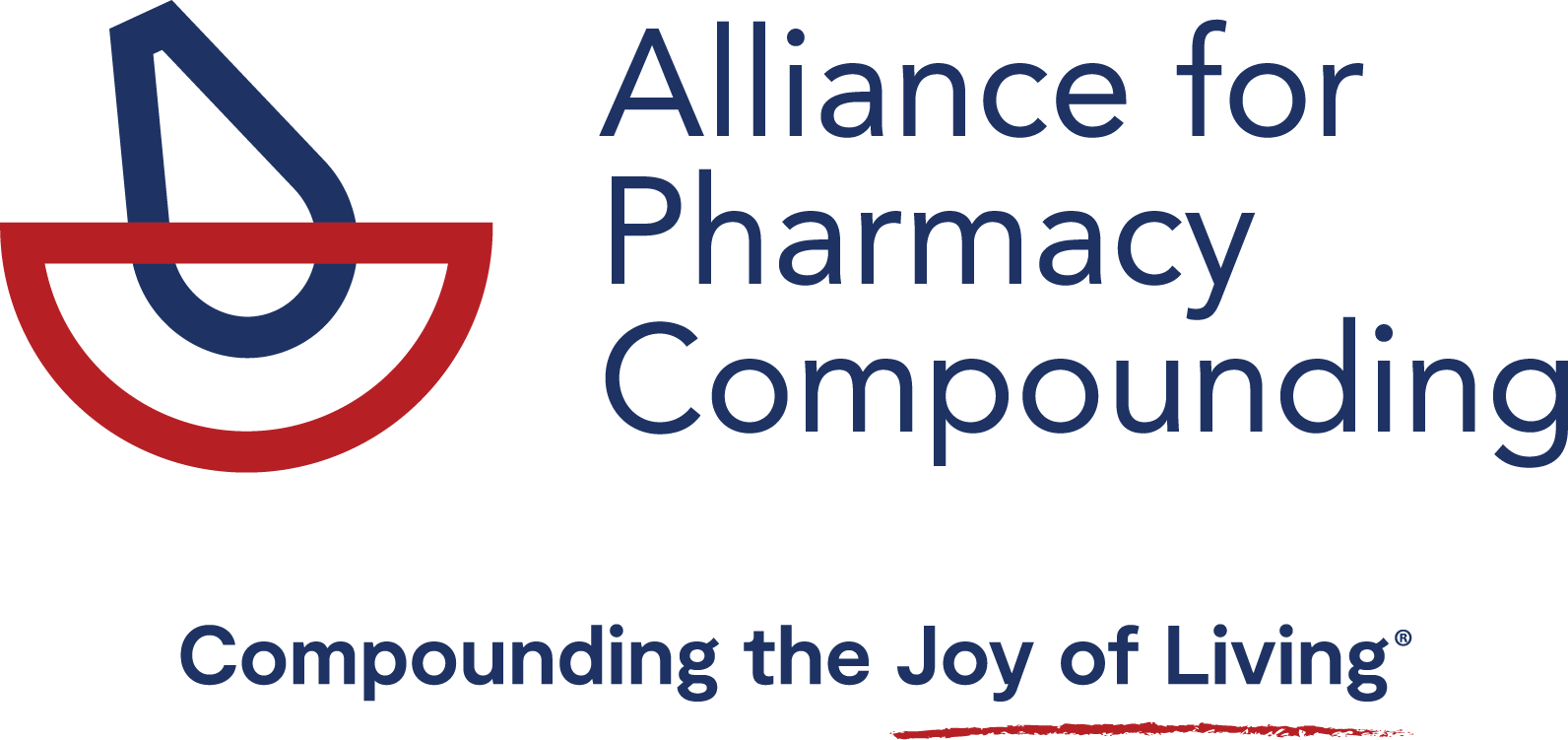


![Topi-CLICK a Division of TEAM Outlines[1]](https://a4pc.org/files/Topi-CLICK-a-Division-of-TEAM-Outlines1.png)
